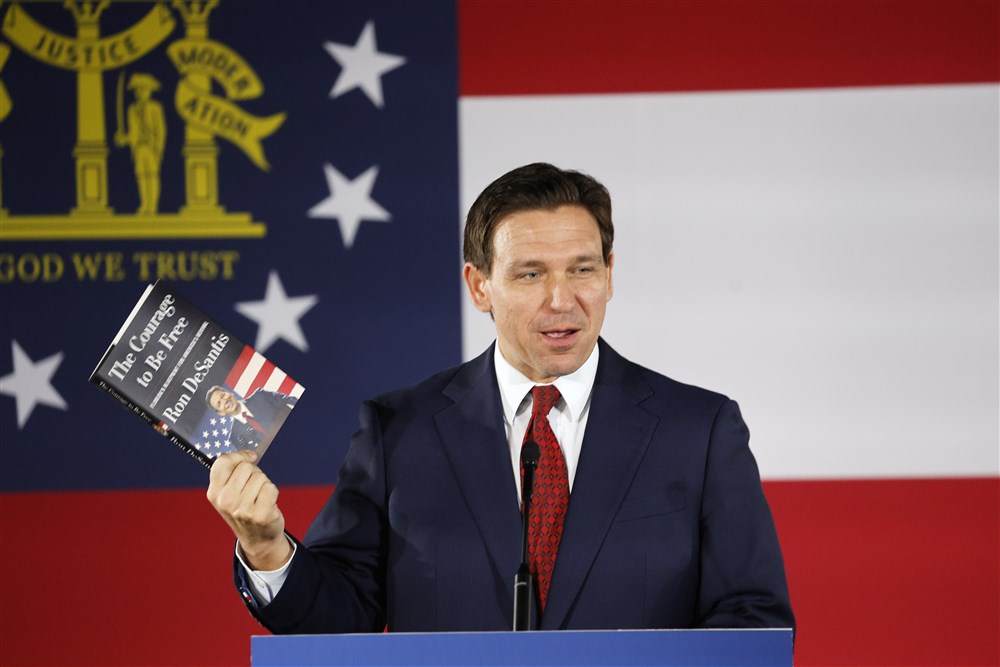Car number plates might seem a flimsy pretext for a geopolitical standoff but a renewed rise in tensions in Kosovo have been triggered by a dispute about where cars are registered.
Accusations and veiled threats flared again over the weekend after a Kosovo Serb was arrested for allegedly firebombing ethnic-Serb-owned cars that switched to Kosovo number plates.
Tempers began to rise last year when the government in Pristina announced that all vehicles belonging to Kosovo citizens had to carry Pristina-issued plates. This offended the Serb minority in the north of the country who use Serbia-issued plates. Roadblocks, walkouts and a mobilisation of security forces by Serbia have taken place since the decision.
The underlying issue is the prevailing authority: Serbia does not recognise Kosovo’s independence (neither do a number of EU Member States). Traditionally good relations between Serbia and Russia make this a technical spat on the EU’s border with a wider diplomatic dimension.
Following the fire-bombings, police reportedly arrested an individual on suspicion of arson and a number of alleged violent crimes.
The arrest “was not well received by Serbian List, the ethnic-Serb political party in Kosovo”, according to Euractiv. The party demanded the man’s release on pain of a “reaction from all Serbs”.
EU-mediated talks over the last few weeks seemed to have come to have come to a wide-ranging agreement on mutual recognition between the two sides.
A deal struck in February – but still unsigned – covered the mutual recognition not only of car documents but also passports, diplomas, and customs stamps. The two parties would under the plan and its more recently negotiated annex exchange permanent missions and would refrain from blocking each other’s path to the EU. The deal also covers the creation of an “association of municipalities” among the Serb-majority in Kosovo.
A European Commission spokesman on April 3 sought to play down the fact that the deal was unsigned.
“It’s been one month and a few days since the agreement was reached in Brussels and two weeks…since the agreement on the annex,” the spokesman said. “Any speculation about the signature or the way of adopting it are completely futile because what is important is that both parties agree to this text. It’s a political declaration, a clear commitment that was accepted and adopted by both parties…”
What is now needed is to “deliver on the commitment made”.
Despite these assurances there are some who believe that the deal is a dead letter if it remains unsigned. Important implementation details, such as precisely when mutual recognition would apply, remain undecided.
Brussels is holding out EU membership as both a carrot (if implementation goes well) and a stick (i.e. no progress if it doesn’t) though some question the EU’s influence over both parties.
“Kosovo is not even recognised as an independent state by the EU and probably won’t be anytime soon. It is behind every single European country wanting to join the club,” reports Radio Free Europe. “Serbia’s EU accession talks have ground to a halt due to its failure to align with Brussels politically over the war in Ukraine.”
That said, the EU has been leaning heavily on Serbia, which seems to have at least considered aligning itself with the EU on Russia sanctions, as reported in the Brussels Signal.





